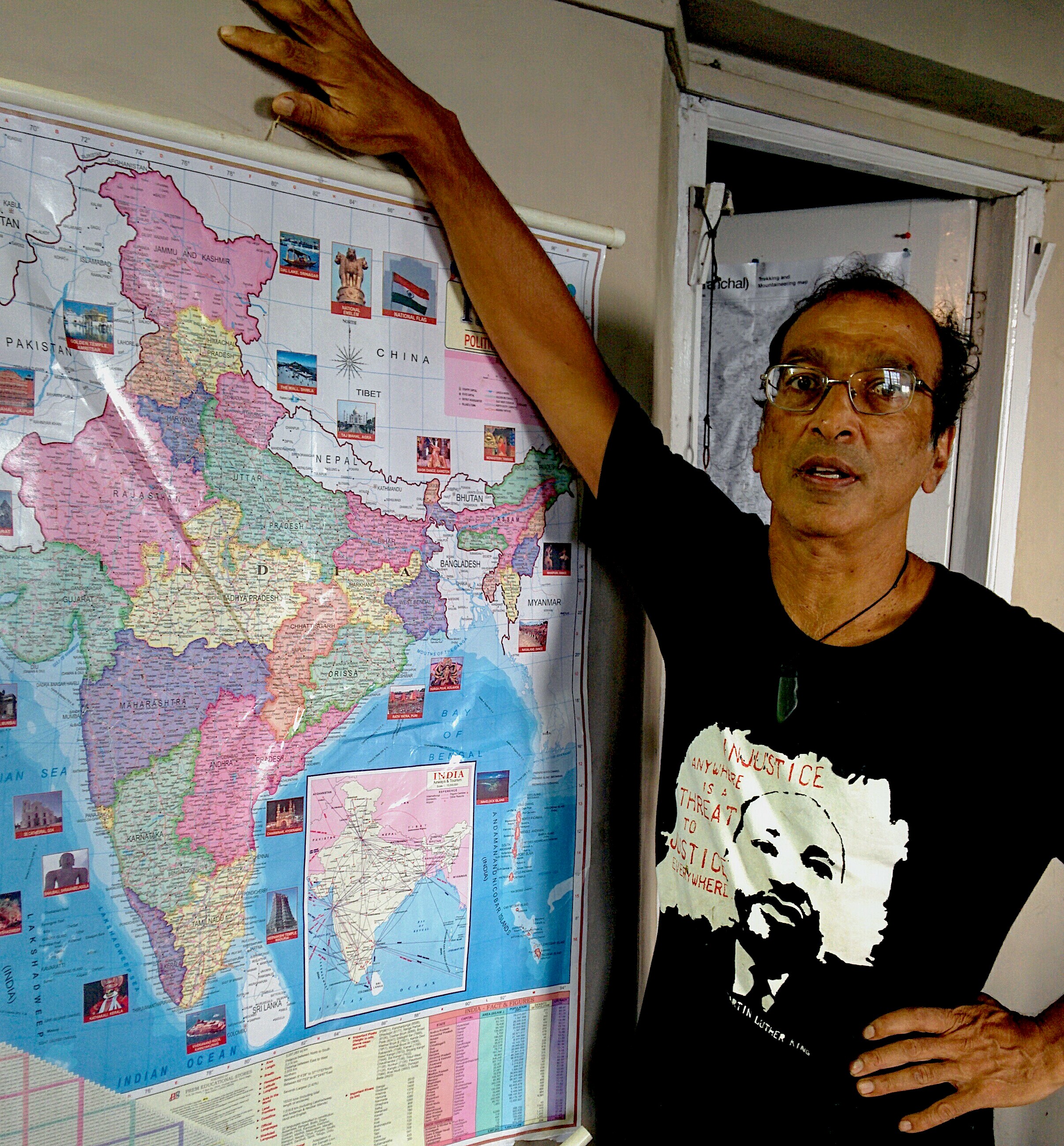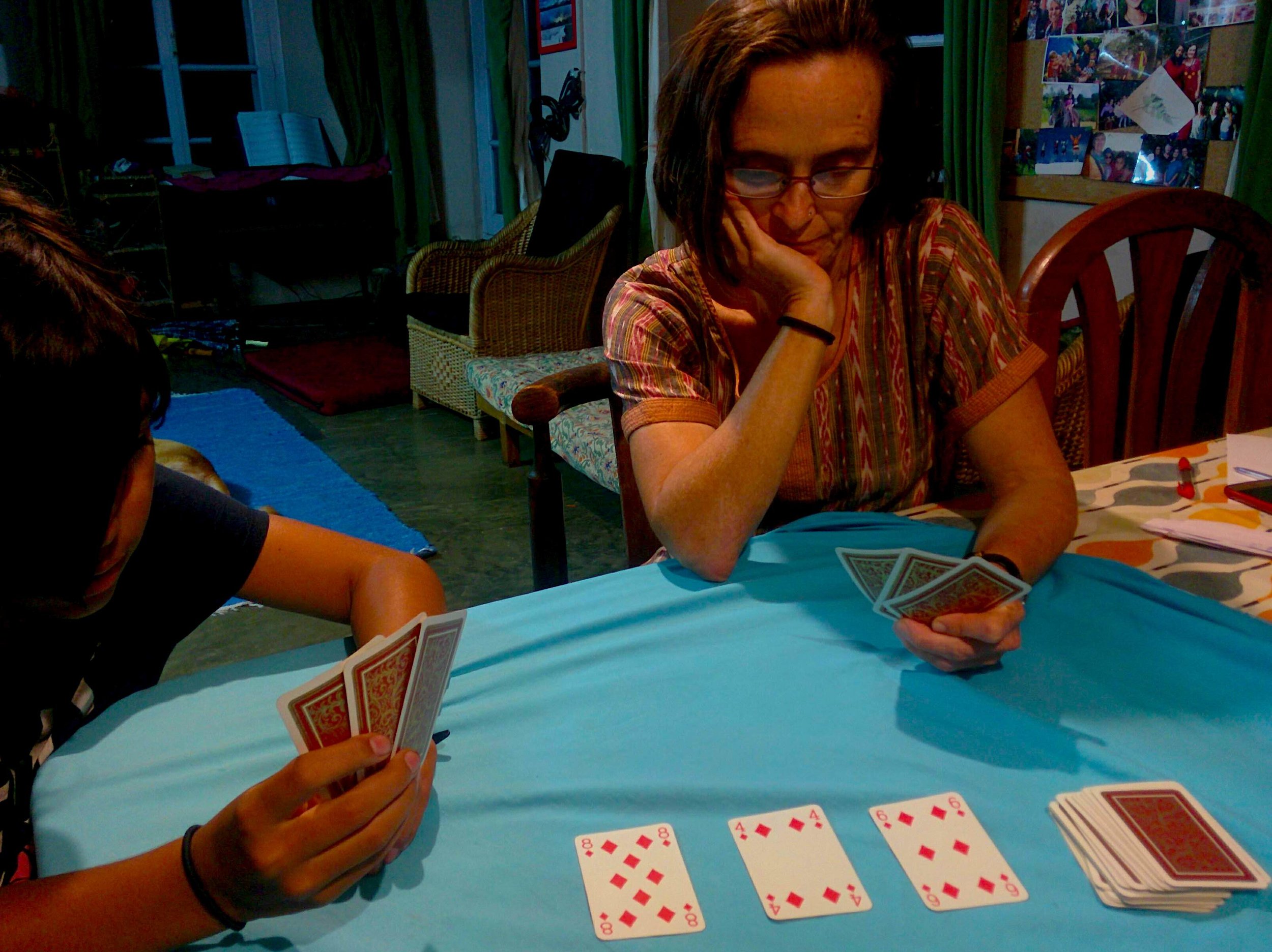Long radio silence from blog is partly explained by a wonderful Himalayan expedition. It had everything- weeks in huge wild mountains, just two of us, hard days, heavy packs, remoteness, some risk…and a eureka moment. One afternoon, Mother Nature hurled a fierce storm down on us from high in her crevasse-crenelated ice-fortress. Forced to retreat we huddled up in tents and let snowy shrapnel bounce off taut nylon. I donned ear plugs, scrolled through my podcasts and chose this one.* And so at 5200 m in the Himalayas, I met Kate Raworth and doughnut economics . Eureka!
Despite (because of?) being a development blog economics frequently raises its head here. For example I’ve written on taxation, why privatisation is disastrous for development, cheapening life via consumption, critiqued simplistic economic analysis of human well-being, explored the history of neo-liberal economics and it s failures,….. Why so much economics? Because, as Kate Raworth says, “it is the mother tongue of public policy” and public policy is development discourse. Kate grew up when the ozone hole and the Exon Valdez’ oil spread dark stains across our collective consciousness. Wanting to contribute to a better planet she applied herself to economics, and was deeply disillusioned. They presented the market as not just central but as everything. The nylon above me thrummed in a mountain gale as I heard her describe how economics reduces the environment to an externality, undervalues unpaid work (mostly by women), is blind to global commons and does not consider power and politics. It’s the market, the market and the market that drives human decisions.
In counterpoint to rational economic man, we need more sensitive, intelligent economic women like Kate. Totally human, she moves easily between the personal and the global, between ideas and anecdotes, clean hard economic theory and messy soggy practise grounded in her twins’ nappies. Her central thesis is that the hallowed market, though important, is but a small part of what economics really should be. The market? “Yes” she says, “but who gets children off to school, men off to work, cooks food for them, repairs their clothes, carries head-loads of water to keep houselonds operating, etc?” For Kate its economics not feminism to say households undergird everything in the market from demand to supply, yet they’re excluded from economic models and do not inform the public policy derived from those models. Household (and much other) work is unpaid and the equation is Unpaid=unvalued=unconsidered.
So too commons- those beyond-the-market spaces all around us also unseen by economics and policy. My network of friends providing (unpaid) emotional support seems a trivial common. It is not. They allow me to continue working in the holy market. More obviously productive are Wikipedia, where intellectual property is shared freely across the planet or physical commons like the atmosphere whose free oxygen keeps us all alive. Precisely because the atmosphere cannot be privatised, bottled, patented and priced standard economics is unable to create public policy to prevent us polluting it. Like (apocryphal) frogs unable to leap clear of slowly heating water we’re slowly cooking ourselves in our own carbon and our rational economics is unable to respond, even as it oversees (causes?) that. For Raworth humanity needs a new economics so that we can respond to important realities of human well being today, including those outside the market.
Finally power and policy. To Raworth rational economics is irrational if it does not consider power relations and policy that inform all of human economic activity around the market. That’s blindingly obvious. Actually each of Raworth’s four elements of the central space in which we live seem blindingly obvious, but not to standard economics. Doughnut economics articulates and connects them in a way classical economics does not (?can’t). To improve humanity’s well-being (there is a definition of development) Raworth says the grammar, syntax and lexicon of public policy discourse must include all four elements of a real economy.
The Doughnut in its classic form. (with permission)
But, wait, there is more! In another stroke of utterly obvious genius, Kate articulates a truth only rational economic men could miss: Everything we do, all of humanity’s well-being, is nested in an environment which responds to physical, biological and geophysical laws not market forces. Think of biodiversity, the heating effect of atmospheric carbon dioxide, the reproduction rates of fish…or hard snow spattering on rippling nylon high on a glacier. Politics and policies do not constrain Mother Nature, but our actions must be constrained by her. Though dismissed as an “externality” by rational economics the environment is intrinsic to human well being- the mother tongue of policy discourse should be a language Mother Nature speaks. At 5200 metres in the Himalayas, in a sleeping bag with a mountain gale shouting through my thin blue tent this was inescapable.
That’s it!- Improving human well-being is about expanding a central space of (at least) four interconnected elements. To do that we must synergise markets, unpaid work, commons, power and policy. But there is a imit. Surrounding all human activity is an environment over whose geo-physical and biological realities human endeavours have little effect. Development then is finding the sweet spot between an inner circle made as big as possible while defining and staying within an un-expandable outer circle. Doughnut development? So brilliant and so obvious it took a woman to articulate it.
Is this an Eureka for you? Is it stuff you already thought? Is it eureka because it articulates what you already knew? It was for me. Let me know in the comments.
A nuanced version of the doughnut/ Red arees are where development might work to optimise the space between our social foundation and our ecological ceiling.(with permission)
For a shorter, accessible podcast by Kate try this TED talk. Or you can ttry her book “Doughnut Economics, Seven Ways to Think like a 21st Century Economist” or see Kate’s Doughnut Economics website.













